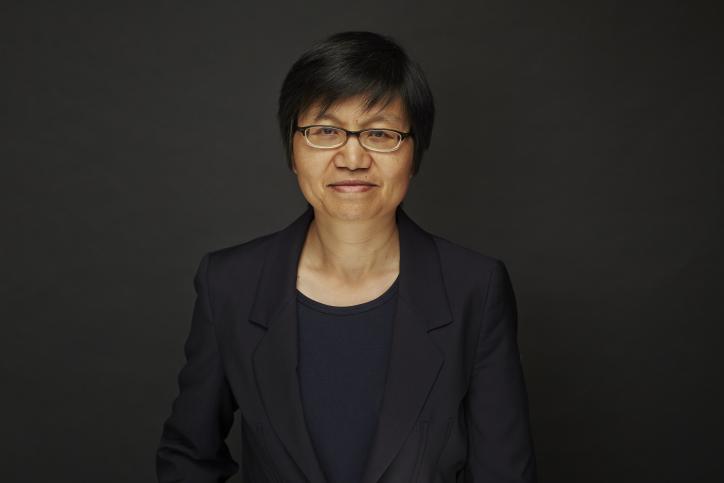Study from Prof. Bei Wu finds racial differences in reporting and trend of underreporting cognitive impairment

January 16, 2018
An increasing number of older adults are reporting cognitive impairment in their families over the past two decades, according to a new study led by researchers at NYU Rory Meyers College of Nursing and East Carolina University’s Brody School of Medicine.
The study, which also finds ethnic and racial differences in reporting cognitive impairment, is published in Preventing Chronic Disease, a journal of the Centers for Disease Control and Prevention.
The aging population in the U.S. is growing rapidly, with the number of people age 65 and over in 2010 (40.2 million) projected to more than double by 2050. With the rapid increase in the aging population, the size of the population with cognitive impairment and dementia will continue to accelerate, highlighting the importance of identifying cognitive changes.
“Cognitive impairment may serve as a precursor to future dementia. Early detection of cognitive impairment can facilitate timely medical treatments, appropriate care planning, and prevention efforts,” said Bei Wu, PhD, Dean's Professor in Global Health and director of Global Health & Aging Research at NYU Meyers, co-director of NYU Aging Incubator, and the study’s senior author.
The study sought to examine the trends of self-reported cognitive impairment among five major racial/ethnic groups from 1997 to 2015 in the United States. The researchers used data from the National Health Interview Survey, including 155,682 individuals age 60 and above in their sample. The large sample included people of a variety of races and ethnicities, including Asian Americans, Blacks, Hispanics, Native Americans, non-Hispanic Blacks, and non-Hispanic Whites.
Rather than using a screening test or clinical examination to evaluate cognitive impairment, respondents were asked to report if any family member was “limited in any way because of difficulty remembering or because of experiencing periods of confusion.”
The researchers found an increasing trend in self-reported cognitive impairment: the overall rate increased from 5.7 percent in 1997 to 6.7 percent in 2015 among older adults in the U.S. This finding may suggest that awareness of cognitive impairment, perhaps from heightened public attention to and interest in Alzheimer’s disease, has improved to some extent.
When looking at each racial/ethnic group, however, the increasing trend was significant only among White respondents. In Whites, the rate of self-reported cognitive impairment increased from 5.2 percent in 1997 to 6.1 percent in 2015. Asian American, Black, Hispanic, and Native American respondents had higher rates of self-reported cognitive impairment than Whites, but these rates did not significantly increase from 1997 to 2015.
Regardless of the overall increasing trend, the rates of self-reported cognitive impairment were still low, which may suggest underreporting. The researchers note that the rates of self-reported cognitive impairment are much lower than the estimated prevalence of cognitive impairment. For adults 65 years and older, the rate of self-reported cognitive impairment was 6.3 percent in 2000 and 7.5 percent in 2012, while the estimated prevalence of cognitive impairment in the same age group was 21.2 percent in 2000 and 18.8 percent in 2012.
These findings underscore the need to further promote awareness of cognitive impairment, especially in minority populations. Different cultures hold different beliefs and perceptions of disease and aging. For instance, research has found that compared to Whites, minorities are less likely to seek treatment for psychiatric symptoms because of lack of access to care or due to stigma.
“Culturally specific health education is needed in individuals, family members, and healthcare providers to improve awareness and knowledge of signs and early symptoms of Alzheimer’s and other dementia,” said Huabin Luo, PhD, of East Carolina University.
In addition to Wu and Luo, Gary Yu of NYU Meyers coauthored the study.
About the NYU Rory Meyers College of Nursing
NYU Rory Meyers College of Nursing is a global leader in nursing education, research, and practice. It offers a bachelor of science with a major in nursing, a master of science, post-master’s certificate programs, a doctor of nursing practice degree, and a doctor of philosophy in research theory and development.